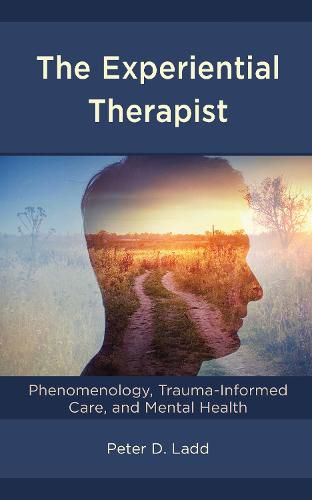Readings Newsletter
Become a Readings Member to make your shopping experience even easier.
Sign in or sign up for free!
You’re not far away from qualifying for FREE standard shipping within Australia
You’ve qualified for FREE standard shipping within Australia
The cart is loading…






In The Experiential Therapist: Phenomenology, Trauma-Informed Care, and Mental Health, Peter D. Ladd steps outside of the medical model to explore alternative ways of thinking about mental health disorders. Through case studies and analyses of current methods and research, Ladd stresses the importance of incorporating trauma-informed care, phenomenological insights, and empowerment methods in daily practice. By analyzing issues such as collaboration, wisdom, momentum, dialogue, and necessary suffering, Ladd highlights the importance of engaging with a patient’s mental health experience and its impact on her family, a consideration that is often sidelined in favor of a focus on a patient’s physiology. Ladd argues that successful treatment results from an informed understanding of a patient’s experience, not an ability to name and categorize difficult experiences as classical disorders.
$9.00 standard shipping within Australia
FREE standard shipping within Australia for orders over $100.00
Express & International shipping calculated at checkout
In The Experiential Therapist: Phenomenology, Trauma-Informed Care, and Mental Health, Peter D. Ladd steps outside of the medical model to explore alternative ways of thinking about mental health disorders. Through case studies and analyses of current methods and research, Ladd stresses the importance of incorporating trauma-informed care, phenomenological insights, and empowerment methods in daily practice. By analyzing issues such as collaboration, wisdom, momentum, dialogue, and necessary suffering, Ladd highlights the importance of engaging with a patient’s mental health experience and its impact on her family, a consideration that is often sidelined in favor of a focus on a patient’s physiology. Ladd argues that successful treatment results from an informed understanding of a patient’s experience, not an ability to name and categorize difficult experiences as classical disorders.